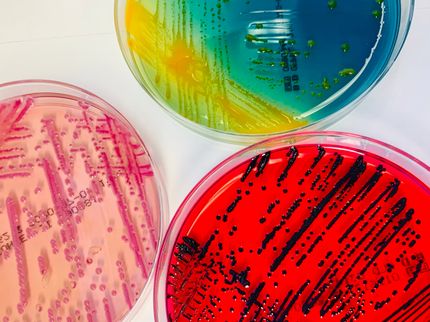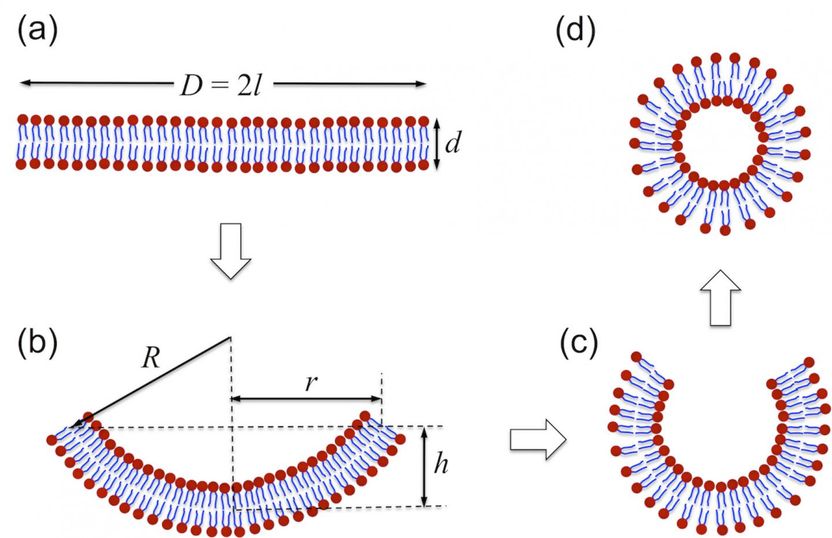Gene variant that dramatically reduces 'bad' lipids
Role of rare APOC3 variant in reducing triglyceride levels identified using UK10K data
Advertisement
Research using data collected from around 4,000 healthy people in the UK has enabled scientists to identify a rare genetic variant that dramatically reduces levels of certain types of lipids in the blood. The study is the first to emerge from the UK10K Project's cohort of samples from the general public and demonstrates the power of whole genome sequencing at scale.
"Until now it has only been possible to look for common variants of small effect in large genome wide association studies," says Dr Nicholas Timpson, first author from the Medical Research Council (MRC) Integrative Epidemiology Unit at the University of Bristol. "Thanks to the quantity of data available through the UK10K Project and because of the relatively large effect of this variant, we have been able to find a rare genetic variant that has clinical relevance."
By looking at whole genome sequences from 4,000 people and comparing this with data about their lipid levels, scientists spotted an association between levels of lipids called triglycerides and the presence of the APOC3 gene variant. The research suggests that people with the rare change (approximately 0.2 per cent of the population carry this) typically have lower levels of triglycerides, which (as shown elsewhere) is associated with reduced risk of cardiovascular disease.
Two studies in the New England Journal of Medicine have recently explored the role of this genetic variant through the examination of APOC3 in a targeted approach, and through coding and analysing only part of the genome. These studies give important context to this finding as they also relate this change to heart disease.
"These three studies independently reporting this finding give us confidence that it is reliable and informative for clinical understanding," says Professor Steve Humphries, a British Heart Foundation-funded senior author from University College London. "Once we can understand the mechanism of the protective function of this variant, we can try to use this information to develop novel therapies to help those at risk of cardiovascular disease."
This is the first in a series of studies that will use whole genome sequences and clinical information about physical characteristics from the UK10K project to find rare genetic variants.
"Extending genome wide association studies to include whole genome sequencing can help us to identify more clinically informative variants," says Dr Nicole Soranzo, senior author from the Wellcome Trust Sanger Institute. "Data collected as part of the UK10K project is essential to this and we are beginning to see its extraordinary value."



















































